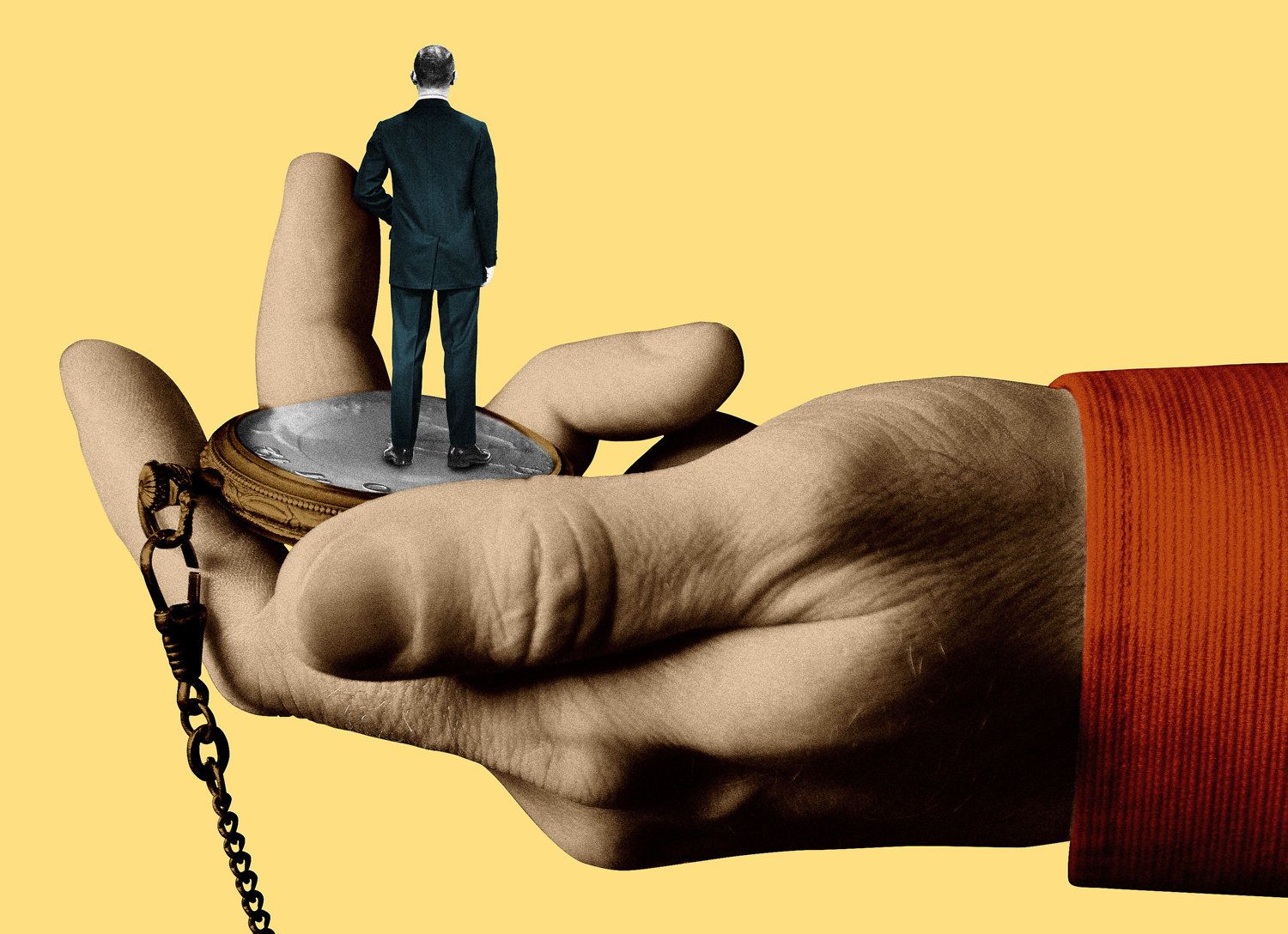Memory is not a mistake

1. Memory and learning
Summer is over and formal schooling is back soon. With a bit of luck, the summer will not have been a learning hiatus, which can be found in many of the situations and emotions experienced in summer by boys and girls who these days are already buying books and notebooks.
The great news is that schools will open their doors more normally than in recent years and that pandemic outbreaks will be managed with the powerful weapon of vaccination - which has been capriciously postponed by the holidays. Good news for students, who are going back to school, high school and university, and good news for teachers who have done their best between online and classroom teaching in an environment of fear, a great enemy of the learning experience.
This Sunday at ARA we welcome the new academic year by thanking those who made it possible for the schools to stay open and for children and young people to stay in class. Also to all those who have managed to navigate the difficulties and take a technological leap to learn to teach, and have accelerated changes as in the rest of sectors.
The year begins and we dedicate our Sunday dossier to one of the great human passions, learning.
We have asked ourselves "What does the brain want to learn and how does it like to do it?" And David Bueno, director of the Neuroeducation UB-EDU1ST Chair, has answered us. His article explains that learning is "an inevitable biological instinct" but that what we learn and how we do it has "very clear cultural components that largely depend on the curricula and teaching methodologies we use". He explains how our brain prioritises learning that can be "useful in our future, especially when it has social components", which reinforces the idea of teaching with collaborative teaching methodologies, and mentions the weight of emotions in learning, the usefulness of joy and surprise to fix knowledge. In short, we have asked ourselves how educational neuroscience can collaborate and cooperate with pedagogy to improve how our brain learns and how we educate our young people to be educated, curious and critical adults. In other words, free citizens.
The dossier talks about memory and learning to think. Probably the most important thing that can be learned, and not only in school.
2. Memory and 'national unity'
Curious disappearance this week in the press published in Madrid of the words of Pope Francis on the bishops' radio station. Curious selection of topics addressed by the head of the oldest diplomacy in the world. Francis intervened in the cassock row within the Spanish Episcopal Conference (CEE) since the support for the pardons of pro-independence politicians. The hard-wing representatives had come out en masse questioning the current president, Joan Josep Omella. Antonio Cañizares, former CEE president, spoke of national unity as "the unity of our people is a moral good, capable of valuing what distinguishes us and at the same time what enriches us complementarily when we do not make distinctions into a lethal, Cainite weapon of war."
Francis went in to tell them that "national unity is something fascinating, but it will never be achieved without the reconciliation of peoples", and he has put the nail in the coffin: "Spain has to reconcile itself with its own history". The fact that the Spanish transition to democracy was carried out without calming collective memory, without honouring the dead and those who suffered reprisals, has consequences that continue to this day. There will be no new political construction pact without the consensus that needs more honesty and less partisanship. The fact that memory in Spain has yet to reach a consensus is exemplified by two valuable new publications, the essential journalistic chronicle Memòria de la resistència antifranquista (Memory of the Anti-Franco Resistance) by Antoni Batista (Pagès Editors), and the novel 1939. La caiguda de Barcelona (1939. The Fall of Barcelona) by Andreu Claret (Columna).
3. Recent memory
The year of political management and reconstruction of the disoriented pro-independence project is also beginning in Catalonia. The first stumbling block for the Government is how to close a project for the expansion of El Prat that does not mean the absolute sacrifice of the natural space of La Ricarda. The division between partners, crudely expressed through Twitter, is not a good symptom, even if the Saturday gatherings have calmed tempers. If president and vice-president show their differences on social networks, the year will be an agony. A new agonising legislature of which we have recent memory and for which there is less and less citizen tolerance in times of pandemic and disappointment. Doing politics requires consensus, but also taking decisions, a wear and tear that one has to be willing to assume if one wants to make a responsible and transformative management. Otherwise, it is better to remain comfortably in party unanimity.
